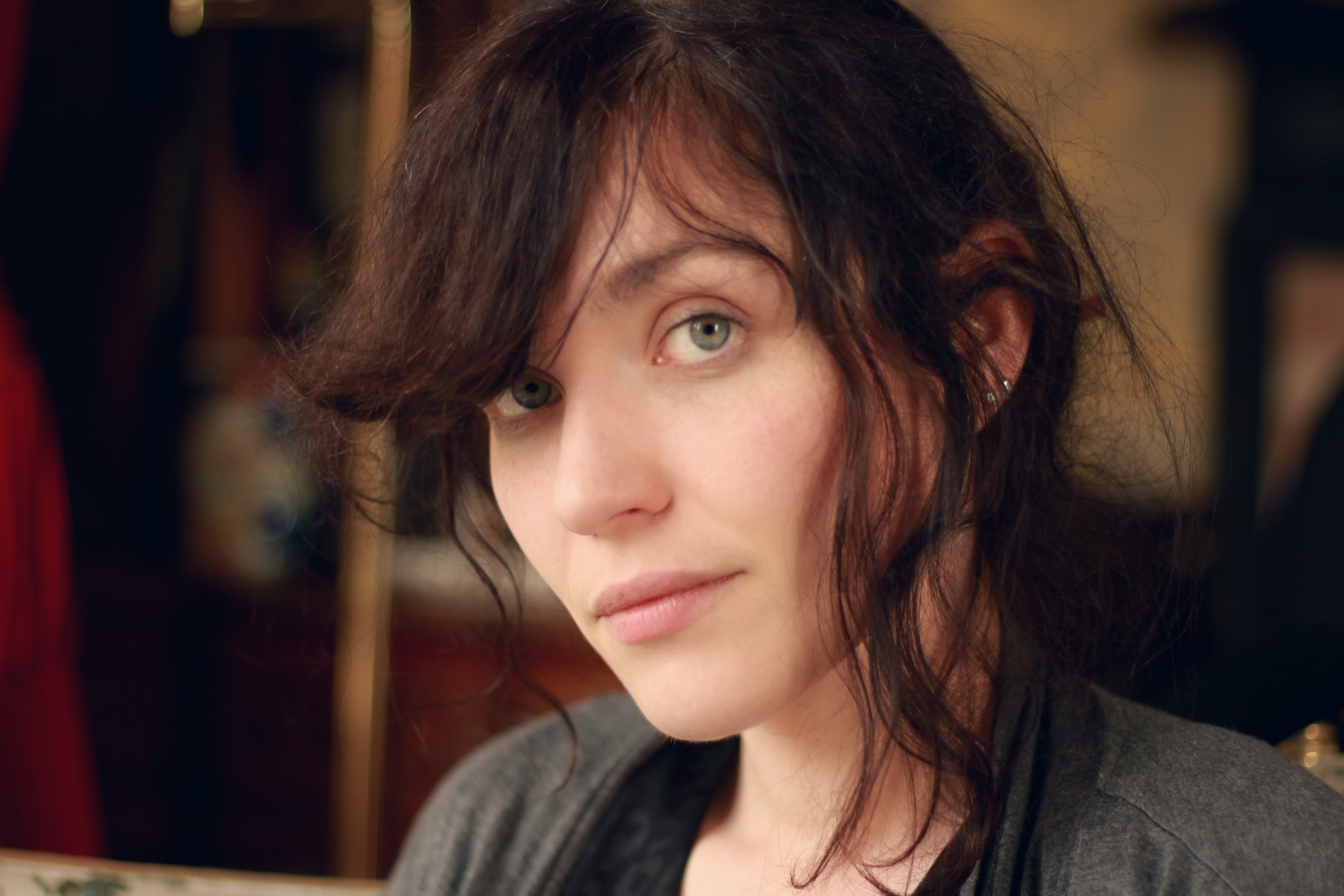
Fairy Tales: Holding the Old Stories Tight
‘Life wells up and alters and adds. Even things in a book-case change if they are alive; we find ourselves wanting to meet them again: we find them altered.’ Virginia Woolf
Fairytales endure – from screen to page, we’re constantly presented with new versions of old stories. References to fairytales appear in text and conversation as shorthand. When I was writing Tangleweed and Brine, I saw them everywhere: Disney Princesses gazing out from a sparkly backpack on the bus, to the cyrillic writing on a theatre in Moscow, underneath a four foot tall glass slipper. When you’re working on a project, you find little notes from it peppering your life, that’s not so strange – things grow from you, what you observe, the things that life has taught you, and the imaginary roads they steered you down.
appear in text and conversation as shorthand. When I was writing Tangleweed and Brine, I saw them everywhere: Disney Princesses gazing out from a sparkly backpack on the bus, to the cyrillic writing on a theatre in Moscow, underneath a four foot tall glass slipper. When you’re working on a project, you find little notes from it peppering your life, that’s not so strange – things grow from you, what you observe, the things that life has taught you, and the imaginary roads they steered you down.
There’s a power to the stories that worm their way into our cultural consciousness as children. That appear and reappear, in classrooms and in bedrooms. In her book, The Enchanted Hunters, Maria Tatar says of childhood reading, ‘For many children, reading becomes […] a chance to meet characters worth observing and to witness how they manage the conflict, peril, and adventure that are often – thankfully – missing from real life.’ We learn from stories what we want our own stories to be. And what is possible. As a child I was always very drawn to Oscar Wilde’s fairy-tales and those of Hans Christian Andersen, because of the sadness in them. Life was hard. My eyes were small but open, I remember homeless people on the street, and wondering why we couldn’t give them money. My father grew up in a small house, one of twelve children, and there were stories from his childhood too, about being streamed in school because of your address, about when Christmas almost didn’t happen for him and his siblings, about the chances people do and do not get.
It’s generally accepted that reading can promote empathy, and activate our social consciences as well. From Charles Dickens and Oscar Wilde to Patrice Lawrence and Angie Thomas, there are writers who have used their work to make readers feel for the experience of those who are victimised by societal structures. For the things that people should care about and don’t. There aren’t balls for every Cinderella. When you give up your voice for someone else, sometimes you don’t get it back. And sometimes it takes years for it to come, for you to tell your story, syllable by trembling syllable. And sometimes when you do you are not heard. Sad stories co-exist with happy ones on shelves and in our hearts. And there is a reason that fairy-tales resonate with us, particularly at this time, when society seems to be listening to unheard voices more. Not enough, but more. And that is something.
Folklorists and writers like Ethel Johnston Phelps, Jamila Gavin, Jack Zipes and Marina Warner have put fairy-tales into context and presented us with neglected stories where women have more agency, where characters play with gender and defy expectations. When you go down the rabbit-hole of reading folklore, you quickly realise that fairy-tales are filtered through societal expectations. Those that don’t fit with the remit get excluded, and those that do get tailored to fit the listener’s sensibilities. Perrault does not tell the same Cinderella that the Grimm Brothers do. Nor should he. We all have different circumstances, and the stories that we tell reflect them back. Even when we may not mean them to.
We retell Cinderella because marriage to a wealthy man, and escape from poverty is seen as desirable in a capitalist and patriarchal society. We retell Snow White because beauty is currency. We retell Sleeping Beauty because we idealise the Alpha Male, the one who will break through the briars and sweep us off our feet. Because we still live in a world that sees a woman’s body as something to be objectified. A conquest. The edits on my Sleeping Beauty retelling came back to me the day of a verdict in a particularly harrowing and publicised rape trial. I stood outside the GPO at a gathering in support of the woman who had been picked apart over the course of the trial, and I believed her. A little boy stood near me, holding his mother’s hand, and there was such hope and sorrow all at once.
The world’s a murky place and an unfair one. In writing Tangleweed and Brine, I re-examined the stories that built me, and the things that scare and worry me, heal and help me. Because I believe that the world is a terrible place and a beautiful place. People are hurt and people are loved. We don’t live happily ever after. We just live. And nothing ever ends, not really. It carries on, it twists. Exhausting and enchanting.
We hold old stories tight. We watch them change.
Deirdre Sullivan is the award-winning author of Needlework and the Prim Perfect series as well as Tangleweed and Brine.
Tangleweed and Brine is published by Little Island, 978-1910411926, £12.99 hbk



